Are you looking for tips for improving AC efficiency and reducing Energy Costs for your air conditioning system? Look no further! This blog post will share valuable tips and tricks to improve AC efficiency and reduce energy costs. Say goodbye to sweating over your utility bills and hello to a cool and cost-effective home.
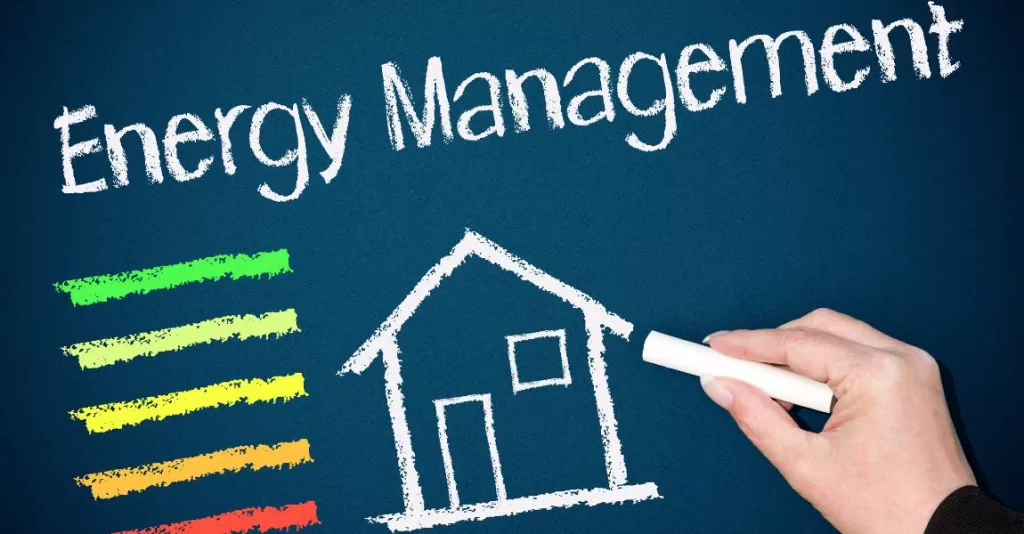
Table of Contents
Introduction
As the summer heat sets in, many households rely on air conditioning (AC) systems to keep their homes cool and comfortable.
However, running an AC can significantly increase energy consumption, lead to higher electric bills, and increase the likelihood of needing AC repair.
In this article, we will explore expert tips to improve AC efficiency and reduce energy costs.
By implementing these strategies, you can enjoy a cool home while being mindful of your energy consumption. You may save money on your energy bills in the long run. Let’s get started!
1. Regular Maintenance
Maintain AC Regularly-While it may seem obvious, it is important to maintain your AC regularly. This means cleaning or changing air filters monthly and scheduling annual maintenance appointments with a certified technician.
Regular maintenance helps keep your system running efficiently and prevents dirt and dust from accumulating over time, which can reduce an air conditioner’s efficiency.
2. Use a Programmable Thermostat
Investing in a programmable thermostat can help optimize AC usage and save energy.
Set the thermostat to higher temperatures when you’re away from home or asleep, and program it to start cooling before you return or wake up. This way, you can enjoy a comfortable environment while minimizing energy consumption during periods of low activity.
- Investing in a programmable thermostat can help optimize AC usage and save energy.
- Setting the thermostat to higher temperatures when you’re away from home or asleep can help reduce energy consumption.
- Programming the thermostat to start cooling before you return or wake up helps you enjoy a comfortable environment while minimizing energy use during periods of low activity.
- By adjusting indoor temperature settings to your schedule, you can effectively manage cooling costs and reduce energy use.
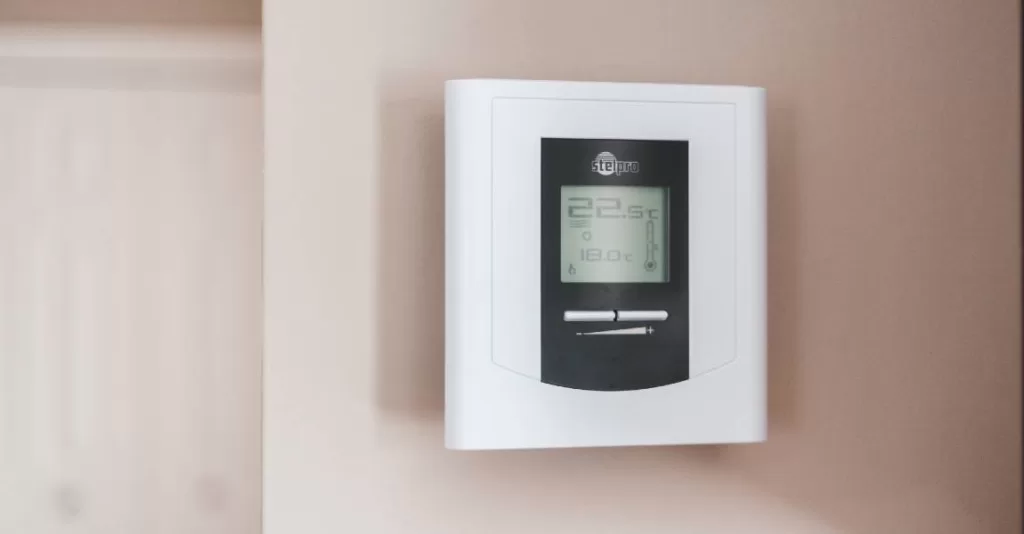
Use Smart Thermostats
Smart thermostats are a great way to improve your air conditioner’s efficiency and reduce energy costs. They let you set temperatures in different parts of the house, providing more precise temperature control than traditional thermostats.
Incorporating advanced features, these devices exemplify energy savings with smart technology by optimizing usage patterns based on your routines.
By learning your preferences over time, they can automatically adjust settings to ensure comfort while minimizing waste. This not only reduces utility bills but also supports a more sustainable lifestyle.
Additionally, they include features such as geofencing that automatically adjust the temperature when you leave or enter the house, so you don’t waste energy cooling empty spaces.
3. Install Energy-Efficient Windows and Doors
Consider upgrading your windows and doors with energy-efficient models if they are old and inefficient. These products can significantly reduce heat transfer into your home while still providing adequate ventilation for fresh air circulation.
In addition, installing window coverings, such as blinds or curtains, can add an extra layer of insulation and further improve AC efficiency by blocking direct sunlight in the summer months.
4. Insulate Your Home
Adding insulation to walls, ceilings, floors, pipes, and ducts in outdoor or unconditioned spaces will also improve AC performance and reduce energy costs.
Properly insulated homes can retain cool air produced by the AC unit for longer periods, leading to improved energy efficiency and lower electricity bills over time.
Moreover, understanding the effects of high altitude on AC efficiency is crucial, as thinner air can reduce units’ cooling capacity.
Homeowners in elevated regions should consider adjustments to their systems to ensure optimal performance despite the challenges posed by altitude.
Regular maintenance and monitoring can further enhance efficiency, especially in varying environmental conditions.
5. Clean or Replace Air Filters
Dirty air filters can restrict airflow, making your AC work harder and consume more energy.
Regularly clean or replace your dirty filters, ideally every one to three months, depending on usage. This simple task can significantly improve AC efficiency and reduce energy costs.
- Regularly cleaning or replacing air filters is important for maintaining good indoor air quality.
- Dirty air filters can restrict airflow, causing the HVAC system to work harder and consume more energy.
- Clean air filters help remove dust, pollen, pet dander, and other airborne particles, reducing allergies and respiratory issues.
- Regular air filter maintenance can extend the HVAC system’s lifespan by preventing dust and debris from accumulating on internal components.
- Clean air filters can improve HVAC system efficiency, reducing energy bills.
- Neglecting to clean or replace air filters can lead to a buildup of dirt and debris in the system, potentially causing damage and expensive repairs.
- Regularly cleaning or replacing air filters can help prevent the spread of bacteria, viruses, and other contaminants, promoting a healthier living environment.
- Clean air filters can help reduce home odors by capturing particles that can contribute to unpleasant smells.
- By maintaining clean air filters, homeowners can ensure that their HVAC system operates at peak performance, providing optimal comfort and air circulation throughout the home.
Regularly cleaning or replacing AC filters can improve energy efficiency by 5% to 15%, according to the Department of Energy.
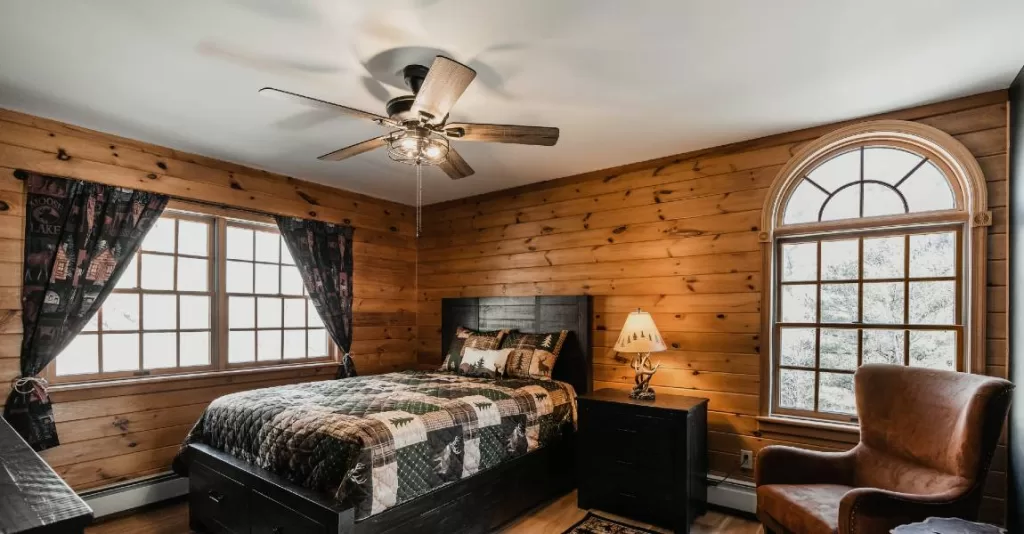
6. Use Ceiling Fans
Ceiling fans can complement your AC system by circulating cool air more efficiently throughout the room. Using ceiling fans allows you to set your thermostat a few degrees higher without sacrificing comfort.
Remember to turn off ceiling fans when you leave the room since they cool people, not the space itself.
7. Seal and Insulate
To prevent cool air from escaping and warm air from entering, it is important to properly seal and insulate your home. Take the time to inspect doors, windows, and other areas that could potentially be sources of air leaks.
Use weatherstripping, caulk, or insulation to seal gaps and cracks.
By creating a well-insulated environment, your AC system won’t have to work as hard to maintain a comfortable temperature, resulting in energy savings.
8. Keep Heat-Generating Appliances Away
Appliances such as ovens, dishwashers, and laundry machines generate heat, raising your home’s temperature. Keep these appliances away from your air conditioner thermostat and Air conditioner vents to prevent them from triggering unnecessary cooling cycles.
Additionally, consider using these appliances during cooler times of day to minimize strain on your AC system.
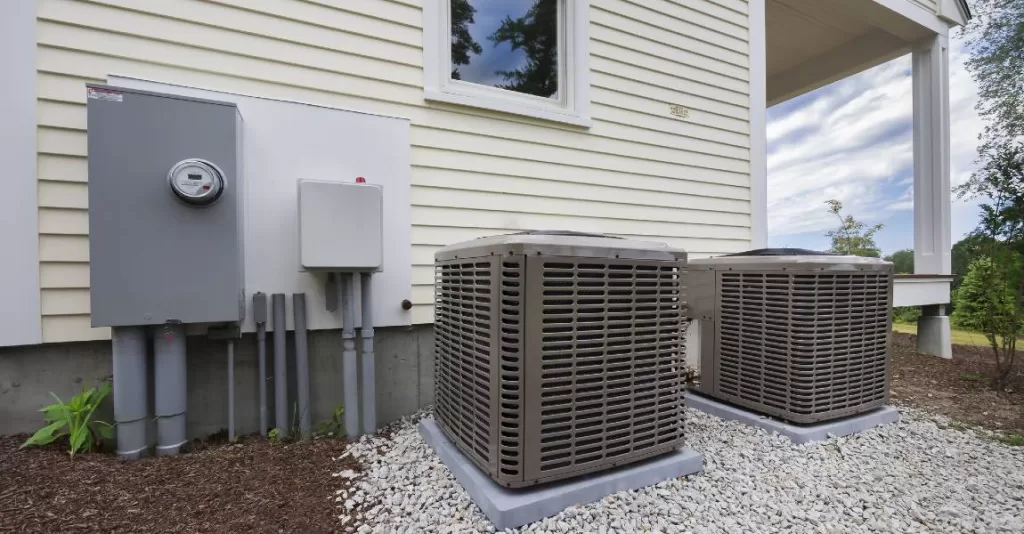
9. Utilize Natural Ventilation
Take advantage of natural ventilation during cooler evenings or early mornings. Open windows and doors to allow fresh air to circulate through your home. This can help reduce reliance on your central air conditioner system and provide a refreshing breeze.
10. Consider Energy-Efficient Upgrades
Consider upgrading to an energy-efficient model if your air conditioning unit is old or inefficient. Look for units with a high Seasonal Energy Efficiency Ratio (SEER) rating, as they use less energy to deliver the same level of cooling.
Although the initial cost may be higher, long-term energy savings can offset the investment.
11. Shade Your Home
Direct sunlight can significantly heat up your home, causing your AC system to work harder. Planting trees or installing awnings, blinds, or window films can provide shade and reduce solar heat gain.
By keeping your home cooler naturally, you can reduce the workload on your AC system and lower energy costs.
- According to the Department of Energy, shading the AC unit with trees or shrubs can increase its efficiency by 10% to 15%.
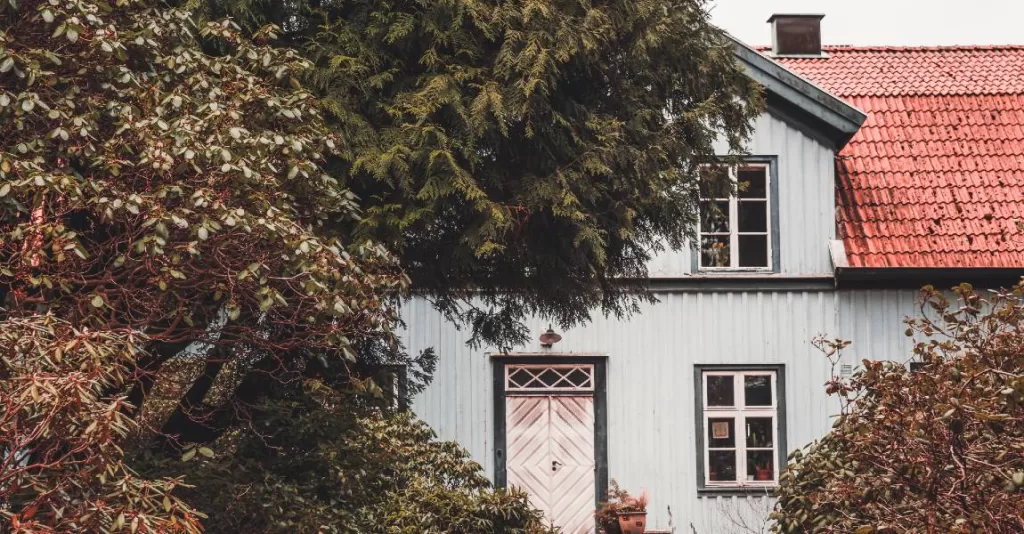
12. Optimize Ductwork
Leaky or poorly insulated ductwork can lead to significant energy losses. Have a professional inspect and seal any leaks in your ductwork.
Additionally, consider insulating the ducts to prevent heat transfer. By optimizing your ductwork, you can ensure that cooled air reaches its intended destination efficiently, improving your air conditioner’s performance.
- Leaky or poorly insulated ductwork can cause significant energy losses, as air can escape or enter the ducts, resulting in inefficient HVAC operation and increased energy consumption.
- It is important to have a professional inspect and seal any leaks in your ductwork to prevent air leakage and maximize HVAC efficiency.
- Consider insulating the ducts to prevent heat transfer. Proper insulation helps maintain the desired temperature of air flowing through the ducts, ensuring cooled air reaches its intended destination efficiently and improving your air conditioner’s overall performance.
- The Department of Energy estimates that replacing an old AC unit with a new, energy-efficient model can save 20% to 40%.
13. Energy Audit
An energy audit is essential because it helps businesses and homeowners identify energy inefficiencies in their buildings or homes, enabling them to make informed decisions to reduce energy consumption and lower utility bills.
An energy audit can help identify potential energy-saving opportunities, such as upgrading to more energy-efficient appliances or lighting, improving insulation, sealing air leaks, or optimizing HVAC systems.
These measures can significantly reduce energy consumption and lower carbon emissions.
Energy Star states that Energy-efficient AC units can save homeowners up to 15% on cooling costs compared to conventional models.
Conclusion
Improving AC efficiency and reducing energy costs benefits your wallet and the environment. Following these expert tips, such as regular maintenance and professional repair, you can optimize your AC system’s performance, minimize costly repairs, and create a more sustainable home.
Remember, minor changes, such as using Energy Star-certified appliances, can significantly improve energy efficiency.
Start implementing these strategies today and enjoy a cool, energy-efficient summer.
Take action now to prioritize your AC systems and environmental health.
By following these tips to maximize air conditioning efficiency, you can significantly lower your energy bills while maintaining optimal comfort.
Additionally, schedule regular maintenance checks to ensure your system runs at peak performance. Small adjustments, such as cleaning filters and adjusting the thermostat, can make a big difference in energy consumption.
Contact an HVAC service technician today for all your HVAC problems and maintenance needs. Schedule an appointment now. Don’t let HVAC problems compromise your comfort and safety at home or work.


